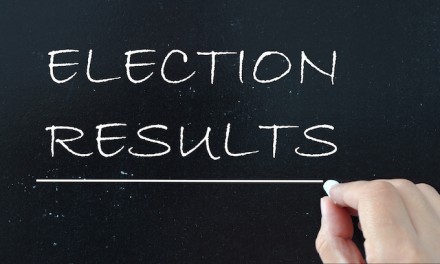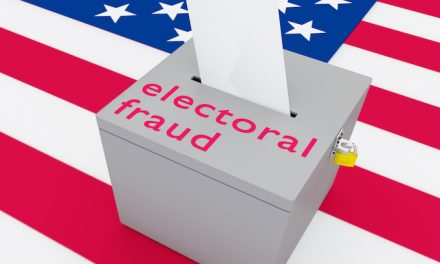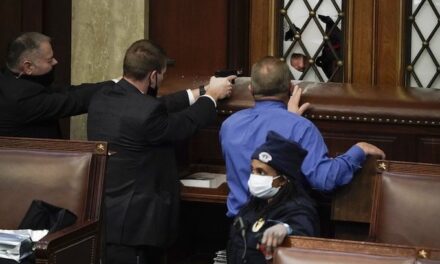Earlier this month, Pfizer and Moderna separately announced each of their COVID-19 vaccines had proven at least 90 percent effective in clinical trials. Once federal regulators approve one or more safe and effective vaccines, the federal government’s Operation Warp Speed, headed by four-star Gen. Gus Perna, will distribute as many doses as possible as quickly as possible.
May private sector California employers require their employees to get vaccinated? The answer is a qualified yes.
California law requires every employer to furnish “a place of employment that is safe and healthful” for its employees. Throughout this pandemic, employers have adopted sanitizing, distancing, and other rules as part of that duty. Many of those rules have been mandated by state and local public health officials.
Generally then, private employers may require their employees to get vaccinated once a safe and effective COVID-19 vaccine becomes available to keep their workplaces safe as normal operations resume. Dr. Joel Zinberg, a surgeon and attorney, wrote in a recent Wall Street Journal op-ed arguing against government-mandated vaccinations that many private employers will mandate out of self-interest, including lower employee health care costs and a reduced risk of liability to customers from infection. “Private mandates don’t violate statutory and constitutional constraints as long as reasonable accommodations are made for those with medical conditions that make vaccination risky and those with genuine religious objections.”
The California Court of Appeal recognized in a 2018 ruling in the context of the constitutionality of mandatory immunization for school children that “compulsory immunization has long been recognized as the gold standard for preventing the spread of contagious diseases.”
How, then, should a private employer address bona fide religious objections to its mandatory vaccination policy in light of this “gold standard” of prevention?
California law prohibits an employer from discriminating against an employee whose religious beliefs conflict with a work rule, unless the employer proves it has explored any available reasonable alternative means of accommodating the religious belief but is unable to reasonably accommodate the religious belief “without undue hardship.” “Undue hardship” is defined as “an action requiring significant difficulty or expense” in light of five factors, including the impact of the accommodations on business operations.
An employer faced with a religious objection to mandatory vaccination should consider offering that employee an alternative position, if one exists. An employer also may consider placing conditions on the employee working onsite, such as requiring the employee to wear personal protective equipment at work, submit to testing when his health justifies it, and keep a log of his temperature.
Those were the two accommodations a Texas city fire department offered to a driver/pump operator who refused to be vaccinated for the flu on religious grounds. When the employee refused to select one of the offered accommodations as ordered, and insisted on a third alternative, he was fired for insubordination.
The U.S. Court of Appeals for the 5th Circuit upheld the trial court’s summary dismissal of the employee’s religious discrimination claim. The court held that the offer of an alternative position satisfied the city’s duty to accommodate the employee’s religious objection to vaccination. The court did not consider whether the second option was also a reasonable accommodation. The court also did not consider whether the employee’s request for a religious exemption imposed an undue hardship on the department.
Allowing employees who refuse to be vaccinated to perform their duties in the workplace unconditionally may indeed cause a California employer undue hardship by exposing the employer’s other employees and its customers and vendors to risk of infection from the unvaccinated employees and violating the employer’s duty to furnish a safe workplace. That would be especially true if public health officials mandated vaccination, as they have mandated other conditions on workplace operations during the pandemic.
In a “60 Minutes” interview earlier this month, Gen. Perna of Operation Warp Speed was asked what his worst nightmare was. He responded: “We get vaccines to the American people, and they don’t take them. Shame on us.”
With vaccines on the horizon, employers should draw on the same ingenuity that has enabled them to endure this pandemic to craft policies strong enough to keep workplaces safe and policies flexible enough to accommodate those with recognized statutory objections to vaccinations. Correspondingly, working Californians should draw on the same spirit of cooperation exhibited throughout the pandemic to get vaccinated, absent bona fide religious or medical concerns. We’re all in this together.
Dan Eaton is a partner with the San Diego law firm of Seltzer Caplan McMahon Vitek where his practice focuses on defending and advising employers. He also is an instructor at the San Diego State University Fowler College of Business where he teaches classes in business ethics and employment law. He may be reached at [email protected]. His Twitter handle is @DanEatonlaw
This story originally appeared in San Diego Union-Tribune.
___
(c)2020 The San Diego Union-Tribune
Visit The San Diego Union-Tribune at www.sandiegouniontribune.com
Distributed by Tribune Content Agency, LLC.
—-
This content is published through a licensing agreement with Acquire Media using its NewsEdge technology.



















Recent Comments